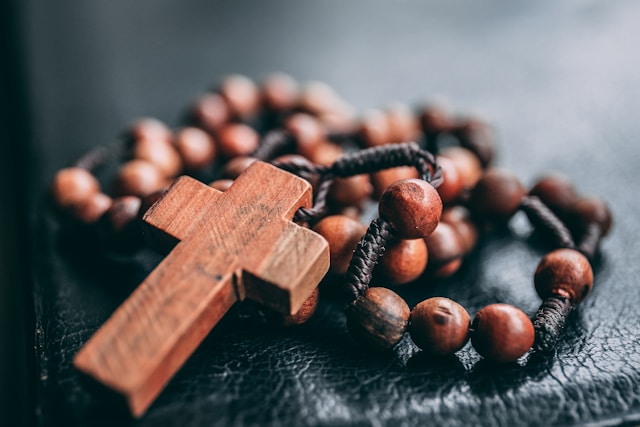Religion is a cornerstone of African society, shaping values, traditions, and social cohesion. Across the continent, spirituality plays a vital role in daily life, influencing governance, education, and community relationships.
The Diversity of African Religions
Africa is home to a wide range of religious practices, reflecting its cultural richness:
- Traditional African Religions:
- Indigenous beliefs remain strong, emphasizing ancestor worship, spiritual healing, and community rituals.
- Rituals and ceremonies often involve music, dance, and storytelling, connecting the living with spiritual forces.
- Christianity:
- Christianity is the largest religion in Sub-Saharan Africa, introduced during European colonization.
- African churches, including Pentecostal and Charismatic movements, have grown rapidly, blending traditional beliefs with Christian teachings.
- Islam:
- Islam is prominent in North and West Africa, with deep historical roots dating back to Arab traders.
- Islamic practices influence daily life, including dietary customs, prayer, and festivals such as Ramadan.
- Other Religions:
- Smaller communities practice Hinduism, Judaism, and Buddhism, particularly in countries with historical migration.
Religion in South Africa
South Africa is a multicultural and multi-faith nation, with religion playing a significant role in identity and social life.
Major Religions
- Christianity:
- Over 80% of South Africans identify as Christian. Major denominations include Catholicism, Anglicanism, Methodist, and various Pentecostal and Charismatic churches.
- Churches are central to community support, education, and social initiatives.
- Traditional African Beliefs:
- Indigenous beliefs continue to thrive, often intertwined with Christian practices. Rituals honoring ancestors remain common, especially in rural communities.
- Islam:
- Practiced mainly by the Cape Malay and Indian communities, Islam contributes to South Africa’s religious diversity, with mosques and cultural celebrations like Eid being prominent.
- Hinduism, Judaism, and Others:
- Hinduism is practiced mainly in KwaZulu-Natal and Gauteng.
- Jewish communities, though small, have a historical presence in South African urban centers.
Religion and Society
Religion in South Africa impacts:
- Education: Many schools are faith-based.
- Social Welfare: Churches and religious organizations provide healthcare, food aid, and youth programs.
- Cultural Identity: Religious festivals and rituals strengthen community ties and preserve heritage.
- National Unity: During apartheid, churches played key roles in resistance and reconciliation, shaping the country’s moral and political landscape.
Challenges and Trends
- Religious Tolerance: South Africa is constitutionally secular, yet managing interfaith harmony remains crucial.
- Modernization: Urbanization and global influence are changing religious practices, particularly among youth.
- Syncretism: Many South Africans blend Christian beliefs with traditional African practices, reflecting a unique spiritual landscape.
Conclusion
Religion in Africa—and in South Africa specifically—is not just a system of beliefs; it is a living part of cultural identity, social cohesion, and community life. From ancient spiritual practices to modern Christian and Islamic movements, religion continues to shape values, traditions, and national development. Understanding these diverse practices is essential to appreciating Africa’s rich cultural tapestry.
SEO Keywords: Religion in Africa, South African religions, Christianity in South Africa, African traditional beliefs, Islam in South Africa, religious diversity South Africa, faith and culture Africa.
